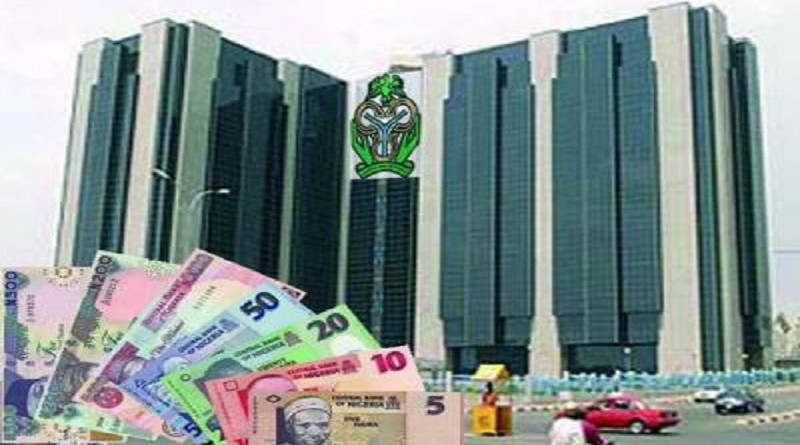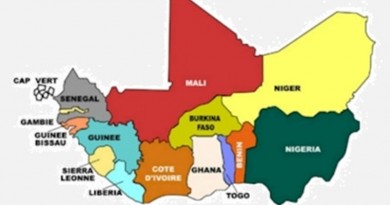Naira Devaluation Pressures Banks’ Assets, Moody’s Says
The devaluation of the Nigerian naira will put pressure on the assets of lenders struggling to raise asset quality to the regulatory threshold, according to Moody’s Investors Services.
Africa’s largest oil producer on 20 March devalued by 4% the local unit versus the dollar, a move that will cause concern for Nigerian banks’ credit book and capital metrics “as they have a high proportion of foreign-currency denominated loans,” Peter Mushangwe, an analyst at Moody’s Investors Service said in emailed response to questions on Monday.
Nigeria’s central bank weakened the market rate for the currency to 380 naira per dollar from 365 naira while the official exchange rate was allowed to depreciate by 15% to 360 naira per dollar from 307 naira. The unit traded 381 per dollar on the interbank spot market as of 3:50 p.m. in Lagos, the nation’s commercial hub.
“Foreign-currency borrowers who do not earn foreign currency will require higher naira cashflows to meet their obligations, diminishing their repayment capacity,.” Mushangwe said. The banking industry’s non-performing loans as percentage of total credit dropped to 9.3% as at mid-2019 from 12.5% a year earlier. The regulator wants it below 5%.
“A weaker naira also increases Nigerian banks’ risk weighted assets related to their foreign currency loans, putting negative pressure on their capital metrics,” according to Mushangwe. “However, the banks hold good capital buffers,” he said.(Updates 3rd and 4th paragraph with naira exchange rate and bank’s non-performing loans ratio
By Bloomberg



